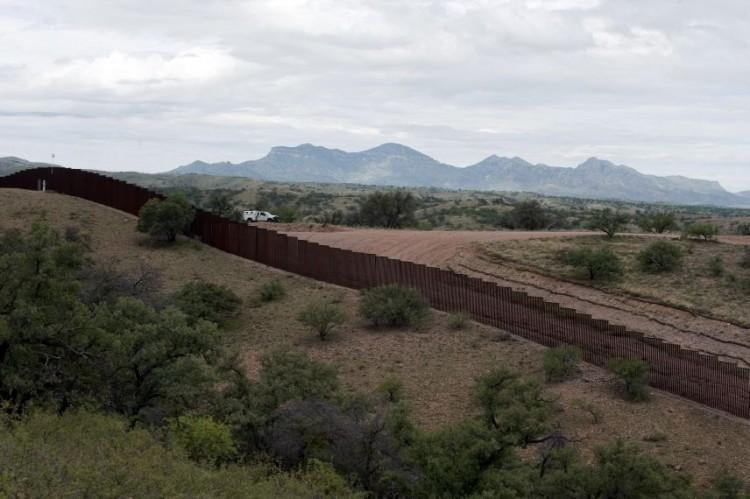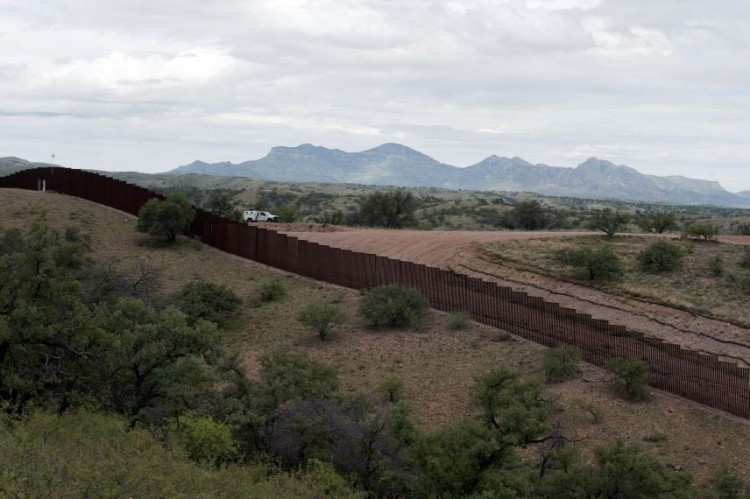WASHINGTON—A House Homeland Security subcommittee heard testimony May 17 on incidents of misconduct and criminal behavior of Department of Homeland Security (DHS) employees. While no one would disagree that the vast majority of DHS employees are honest and dedicated civil servants, a small and growing number are betraying the public trust by engaging in illegal and unethical behavior.
Congressional Hearing Examines Ethics Violations at DHS
House subcommittee of Homeland Security inquires into the misconduct and crimminal behavior of DHS employees

A US Border Patrol vehicle drives along the fence separating the US from Mexico, near the town of Nogales, Sonora, Mexico, on July 31, 2010. Since the creation of CBP in March 2003, the U.S. Border Patrol more than doubled in size to a force today of 21,370 agents. Alfredo Estrella/AFP/Getty Images
|Updated:





